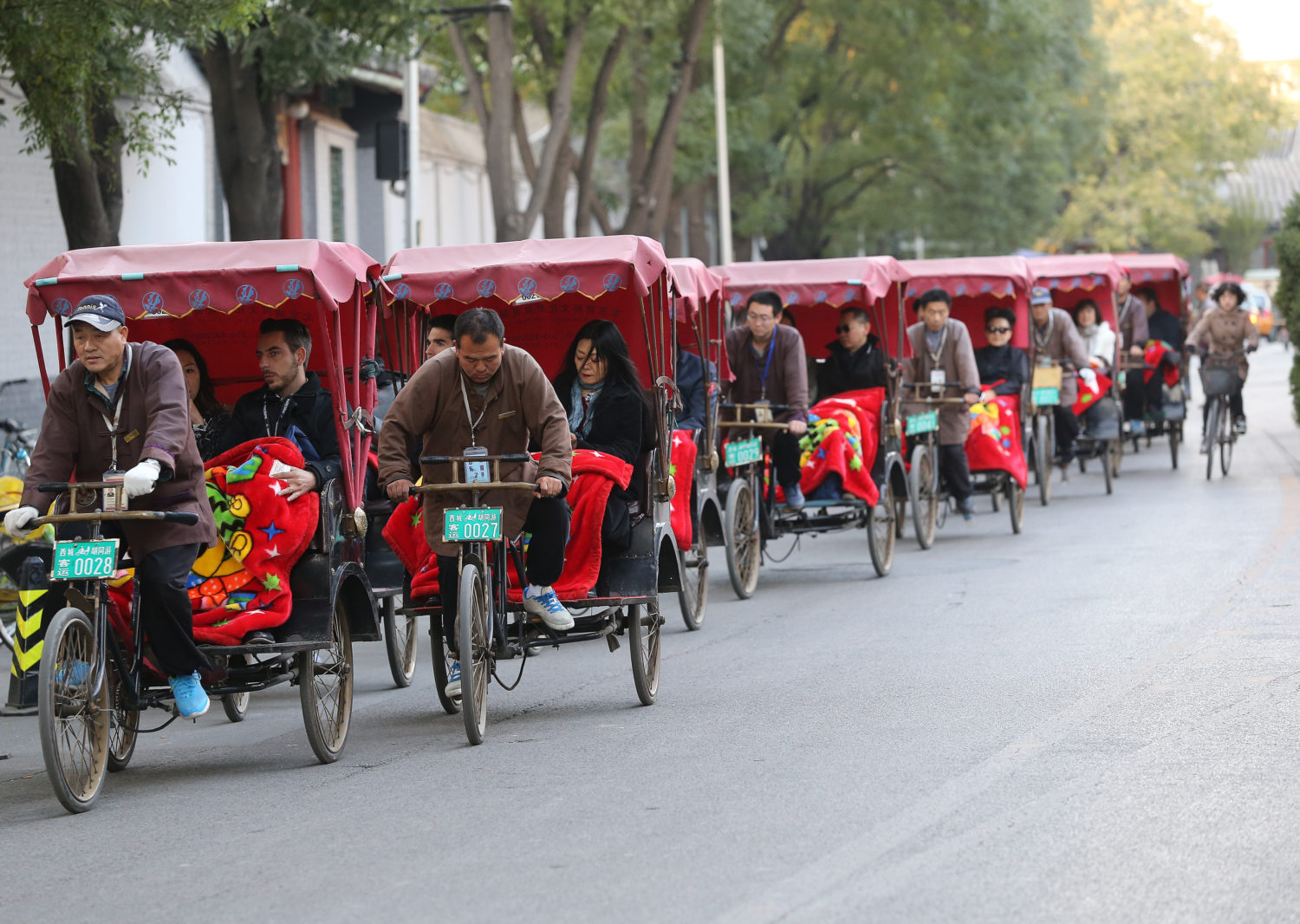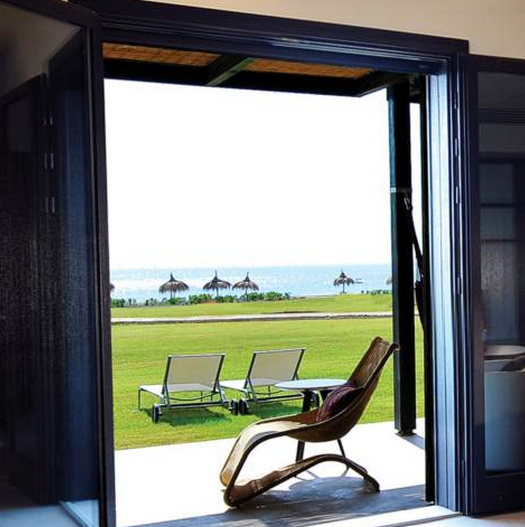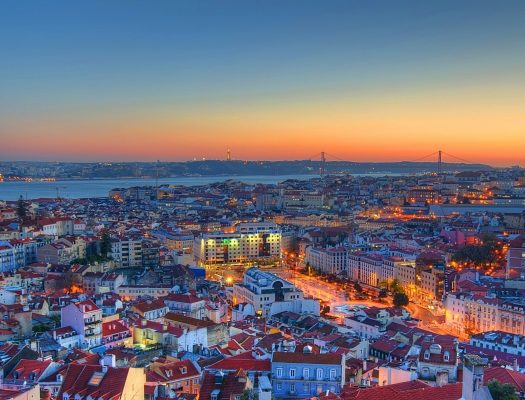Claudia van’t Hullenaar, certified sustainability practitioner and event designer, highlights how sustainability is about much more than the environment.
I still see a lack of knowledge about what sustainability really means and I really hope the attendees of Connections Meetings in Quito will leave with a different perception of it. Without setting your mind to sustainability and truly finding out what it encompasses, it’s difficult.
There are also so many myths surrounding sustainability; it’s too expensive, it’s too complicated. It’s like seeing Mount Everest in front of you and not having a clue how to climb it. Once you understand the context, and the actions you can take, it does not seem so overwhelming. It’s about starting small, and then seeing where you want to start.
What’s important to everyone is knowing what is the business driver for sustainable development. Whether they’re a hotel, buyer or an exhibition company, the language that everyone understands, and wants to understand, is a language of business, of optimising efficiencies. If there are ways they can
boost efficiency, they will look into it. If we talk about potential cost savings, then people listen.
It’s often forgotten, but sustainability is also a lot to do with risk reduction, because we need to look so closely at the supply chain.This is a really important topic as we go into the future. It will become more and more important from an association perspective; who we choose as a supplier, which venue we go with, which transportation company we use. If we look more closely at our supply chain because we are trying to be sustainable, we’re already reducing the risk of potential issues.
There’s also the potential for innovation. As you look at how to incorporate or change things, it means you’re looking at things differently. Take the example of catering. If I am thinking about sustainability, I’m not just looking for a nice meal that looks good. I will ask: do we need so many courses? Where does the food come from? Is it fresh produce? Is it grown sustainably? Maybe there is an opportunity for delegates to visit wherever it is the food is produced?
If you’re the buyer, it’s about telling the story of the brand through the choices you’ve made; telling it to the people who come to your meetings. You create a better brand experience, because you’ve chosen to look at things differently and responsibly. And, you still delight your attendees, with the potential to change their behaviour at the end – something we are always looking for as meeting designers. If you plan this and execute it fully, you will become a leader in the way you do events as an organiser, or the way you provide to events with the services you are delivering.




